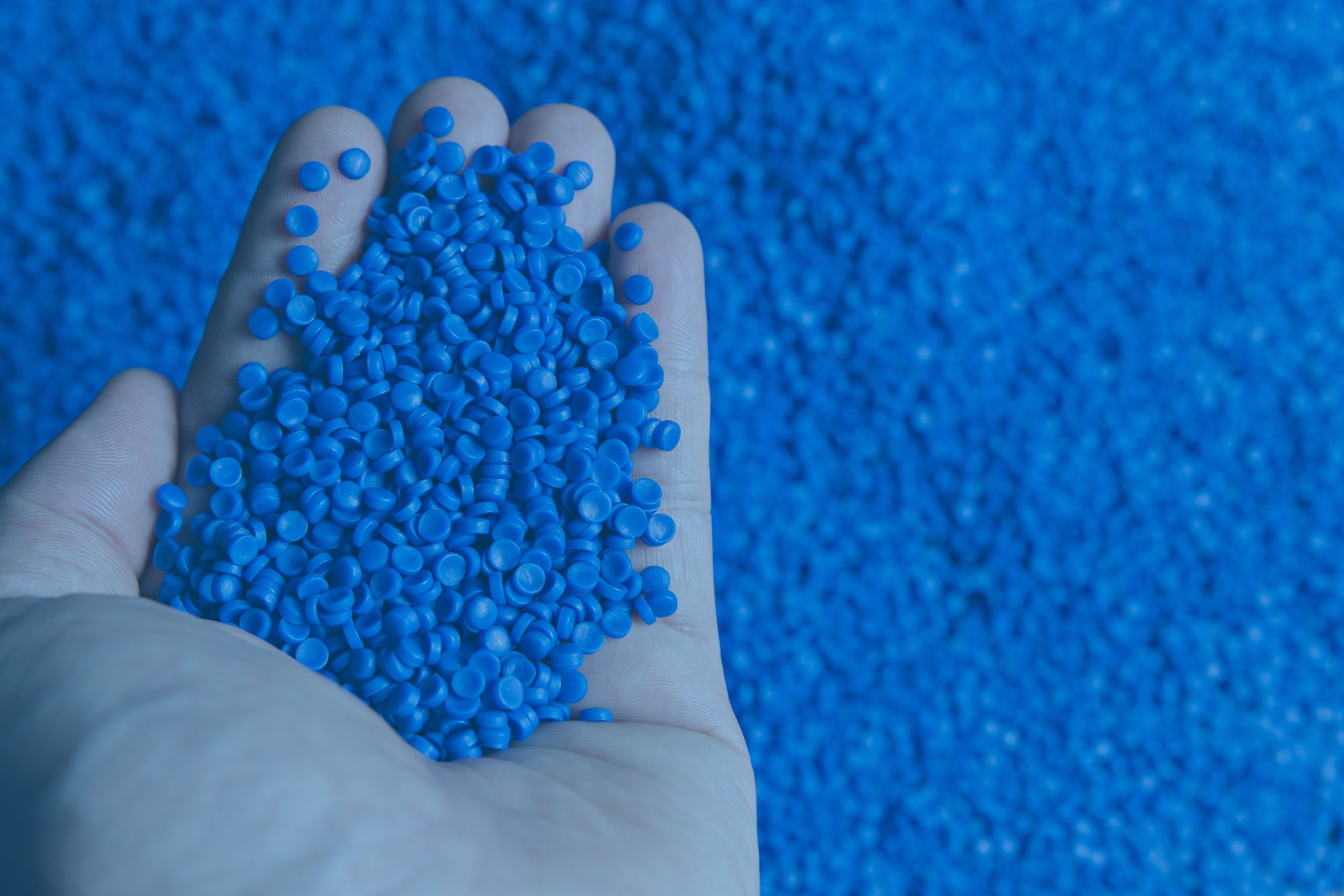
Today, many plastics made from crude oil can now be produced from renewable sources – fossil-free. In addition to bio-based and recycled materials, at Okartek it is possible to use certified materials that make it possible to reliably verify the non-fossil origin of the bio-plastic raw material.
With regard to the raw materials needed to make plastic, renewable sources mean taking advantage of the opportunities that the plant world offers, instead of using fossil fuels. In particular, carbohydrate-rich crops such as sugar cane, sugar beet, corn and potatoes offer a lot of processing potential for bio-based plastics. Various vegetable fats and oils can also be used as raw materials for bioplastics.
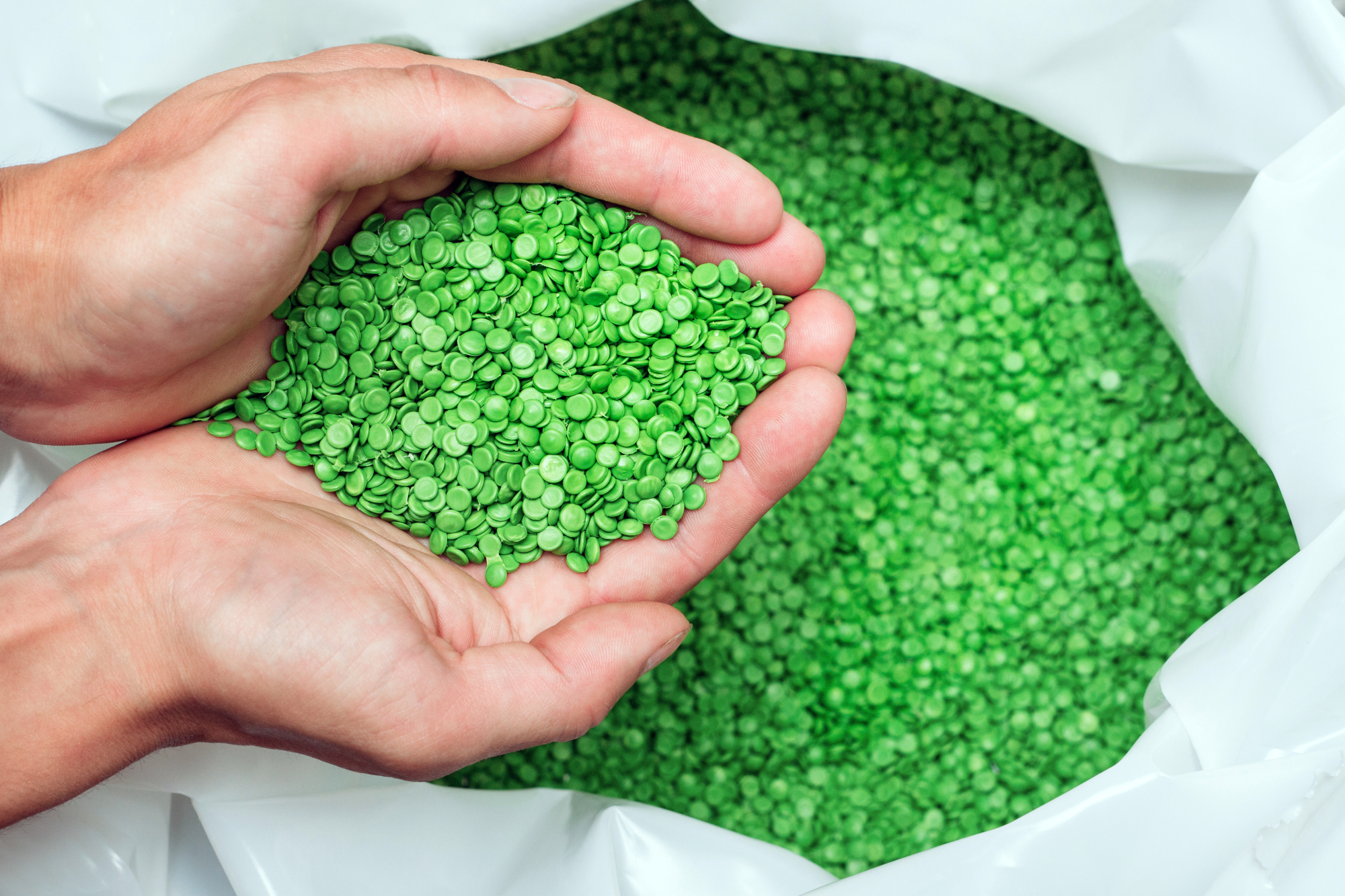
Okartek has ongoing projects looking for more sustainable plastic materials for our customers’ products. More and more alternatives are coming to the market and interest in greener alternatives is increasing. It is, therefore, important for us to invest in training and education in terms of more sustainable alternatives.
We also recover waste from our own production by grinding it up for reuse. Our Finnish partners produce recycled material for us from products that are removed from the market. We buy post-industrial recycled (PIR) and post-consumer recycled (PCR) materials from the market and we also use fibre-filled plastic materials in our production. Carbon footprint calculations are often available for materials, which means that the reduction in carbon footprint can be accurately demonstrated.
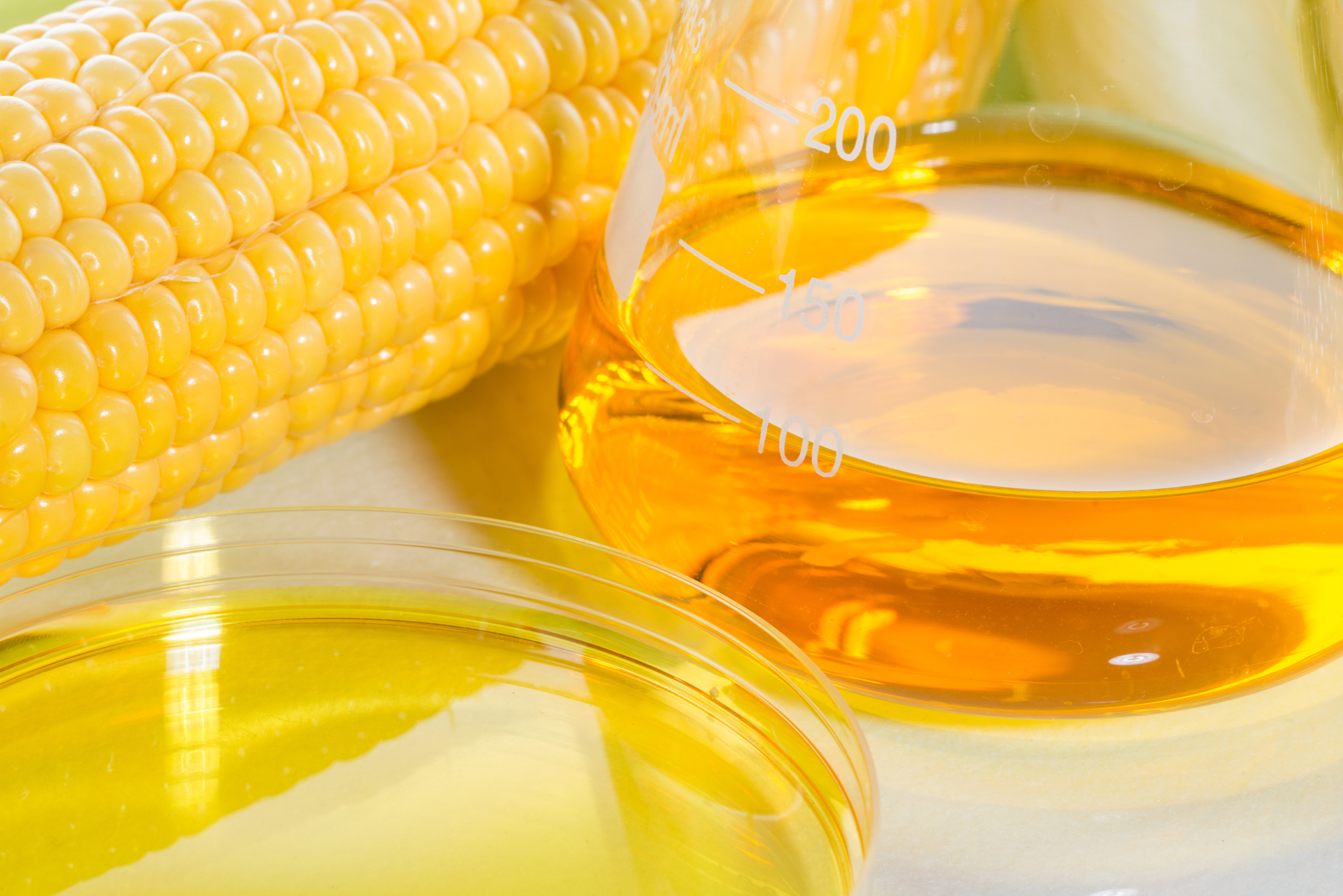
In addition to using bio-based and recycled materials, At Okartek, it is possible to use certified materials that ensure the non-fossil origin of the bioplastic raw material can be reliably verified.
Mass balance is an essential term in the manufacture of bio-based plastics. Mass balance is a relatively new concept that aims to promote the use of renewable raw materials in the manufacture of traditional plastics. The certified supply chain and the records required by the certificate ensure that traceability is maintained for both the source and quantity of the renewable raw material.
For efficient production, renewable and fossil material are mixed together. The advantage of this concept is that existing infrastructure can be used for processing. In this way, the end product is a plastic material that has the same properties as the equivalent product made from fossil materials and that can be used in the same contexts, such as in food packaging.
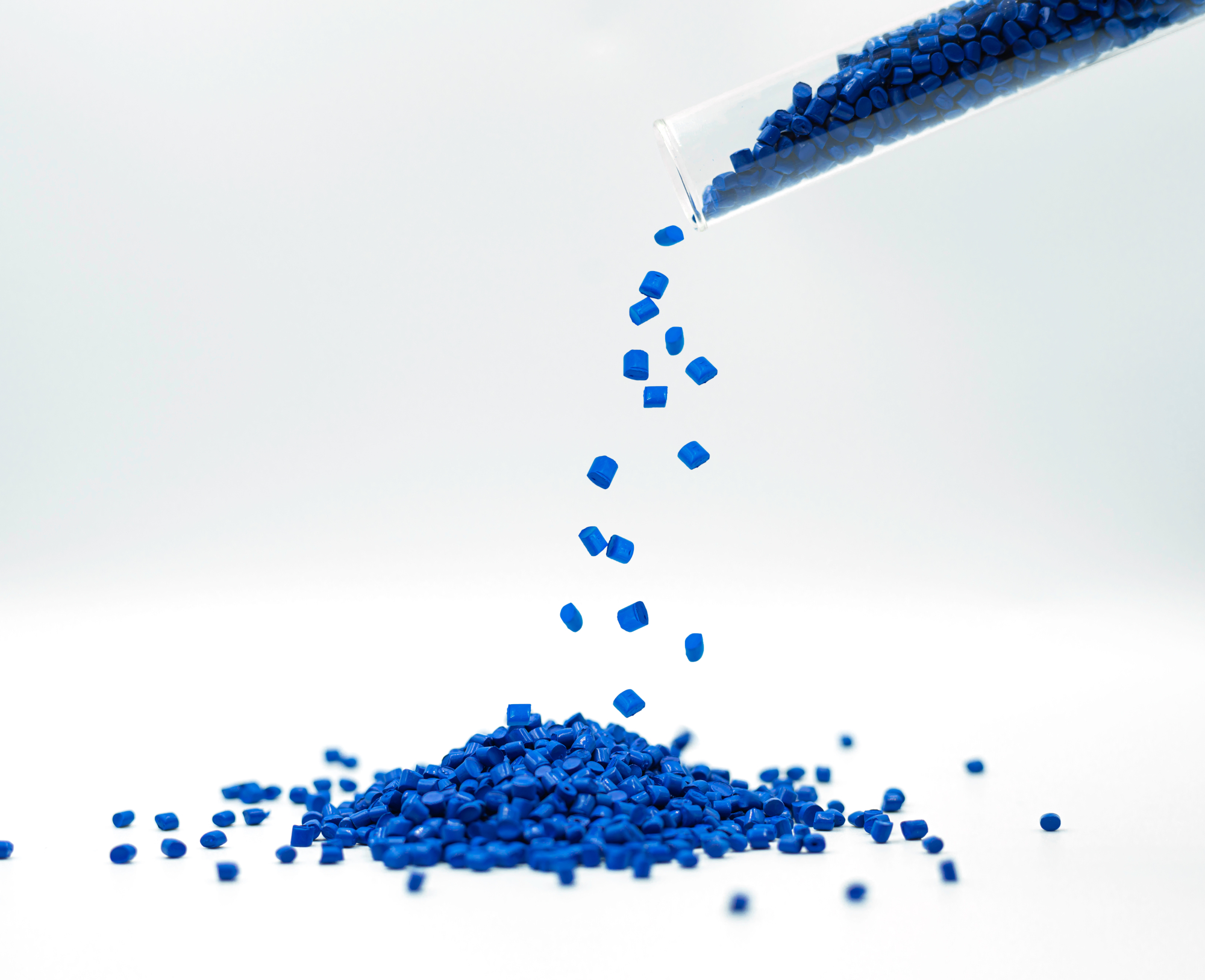
Certification for a raw material is not merely a guarantee that a certain stage of production or delivery contains bioplastics; rather, the entire production chain is subject to the stipulations in the certificate. This means that all parties involved in the production chain must have the same certificate.
To ensure that each link in the chain functions in an environmentally responsible manner, all participants must keep accurate records of material flows. At its simplest, this means, for example, that we receive a sustainability declaration from a materials supplier proving that the material meets the required sustainability criteria. We then use this declaration to show the next party in the production chain that the product has been made according to these same principles.
Reporting is carried out every three months, and the certification is audited annually. During the audit, all required reports and documentation must be available and up to date.
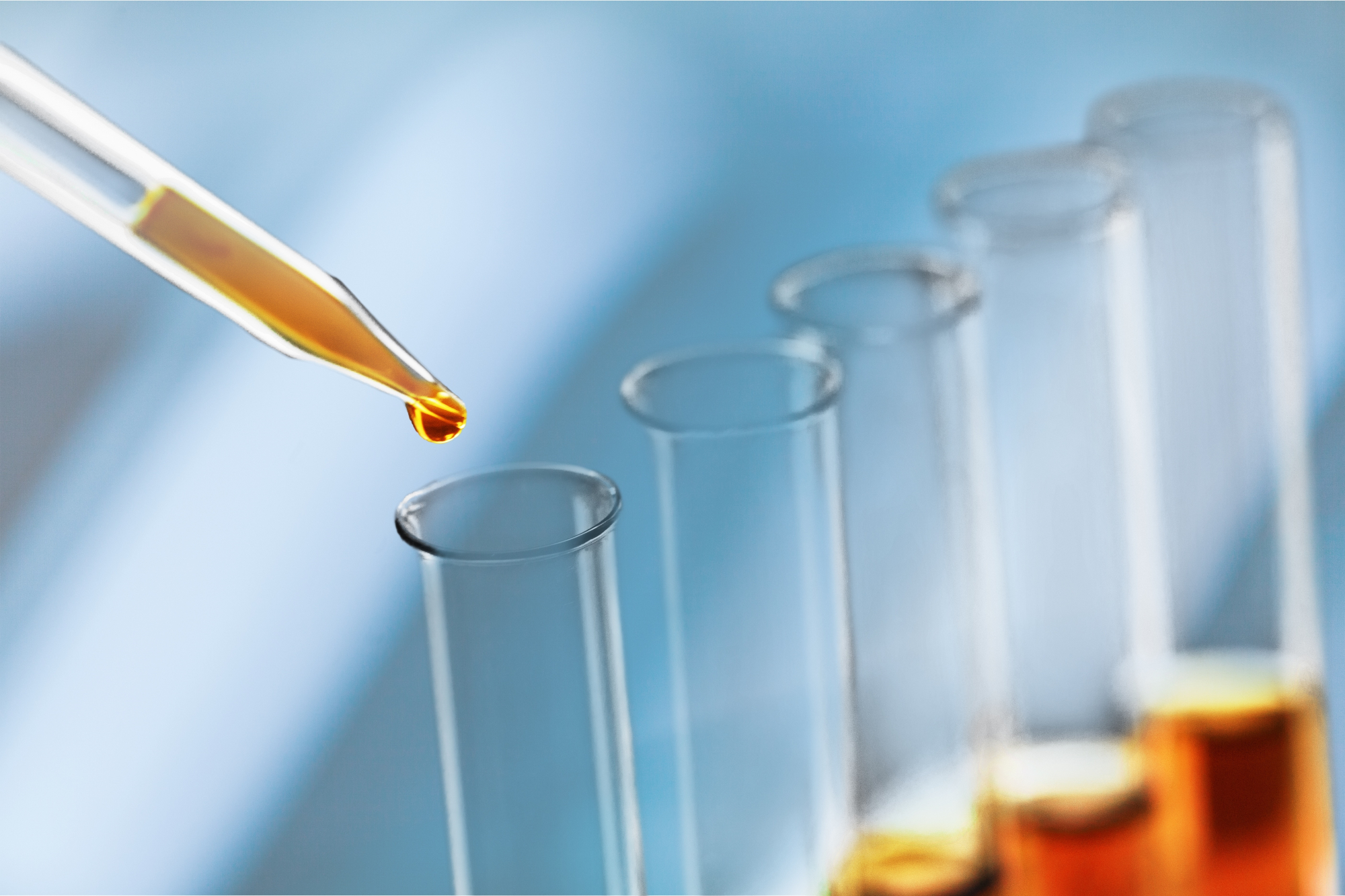
In matters related to materials, contact the Okartek sales team or procurement manager. We will help you to find the best solution for your needs.
Contact sales@okartek.fi